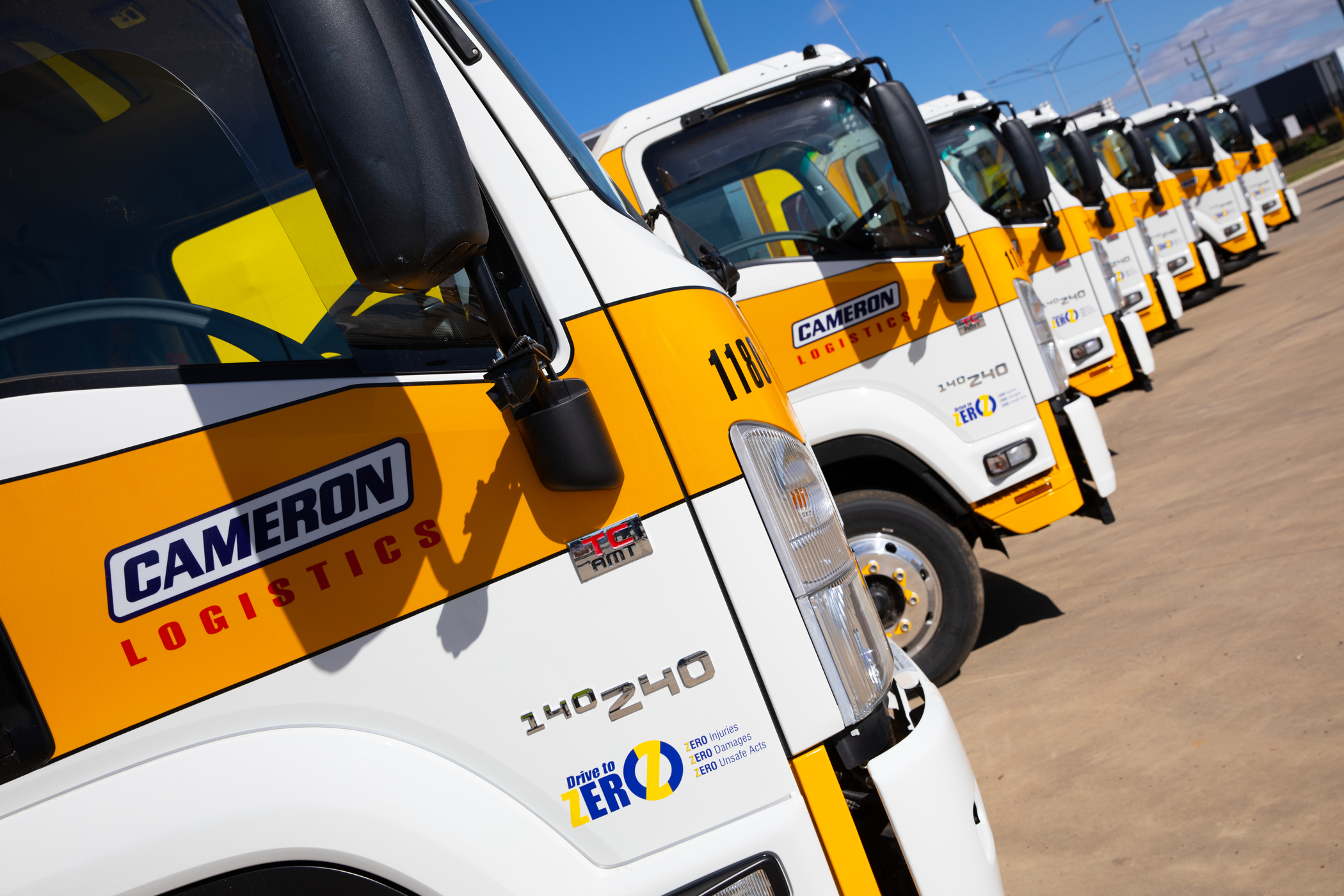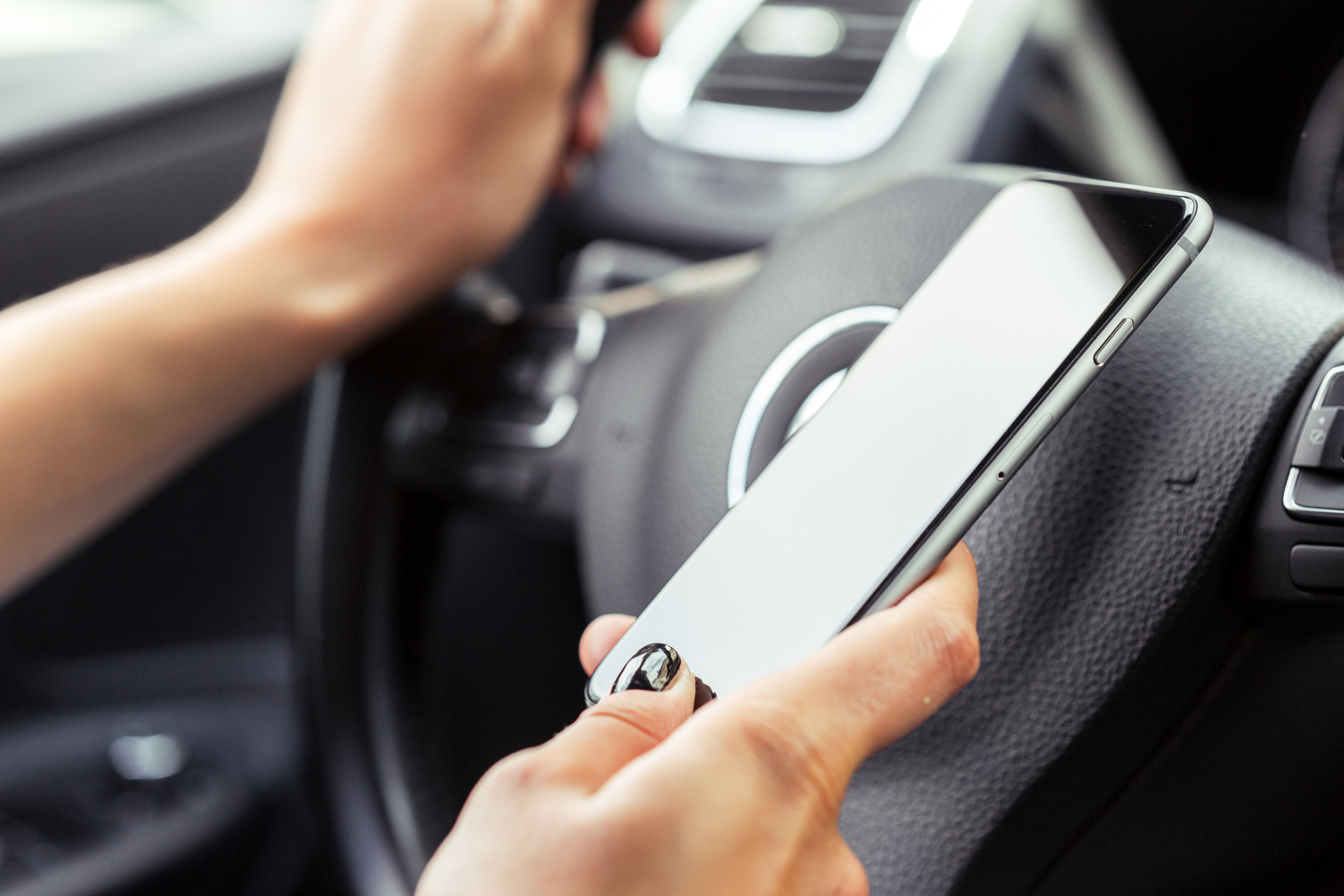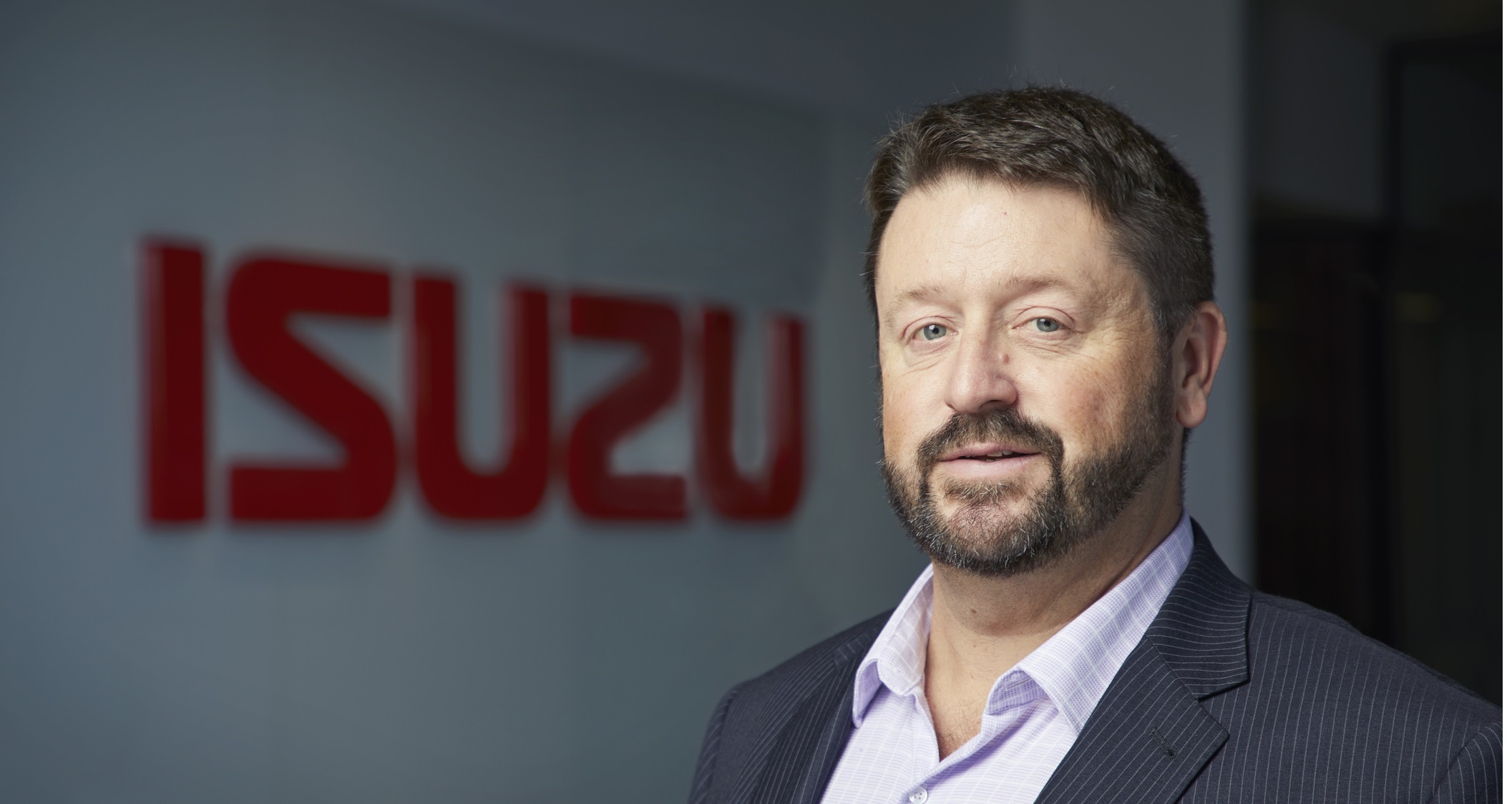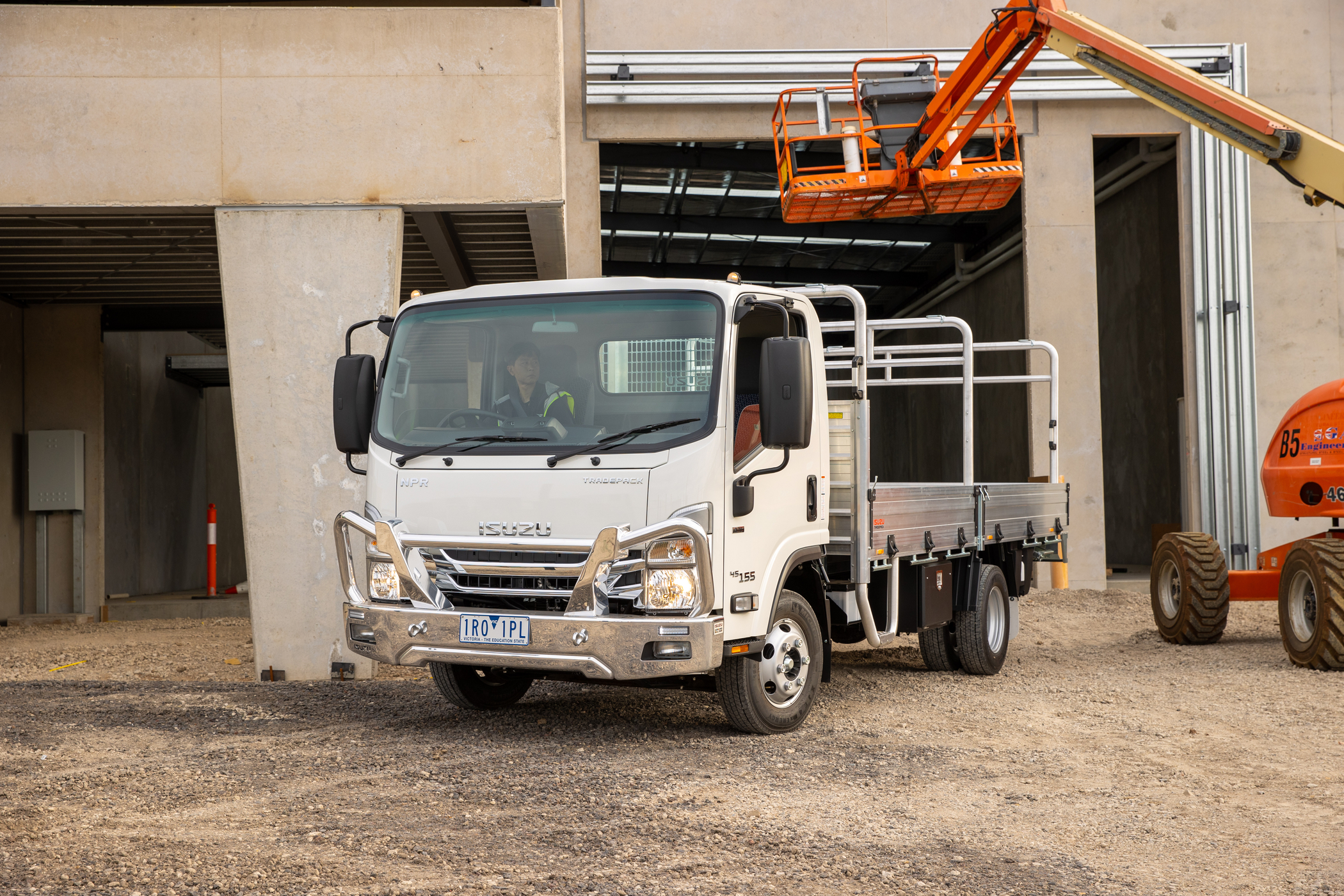UP IN SMOKE: WHAT WE CAN LEARN FROM VW (2)

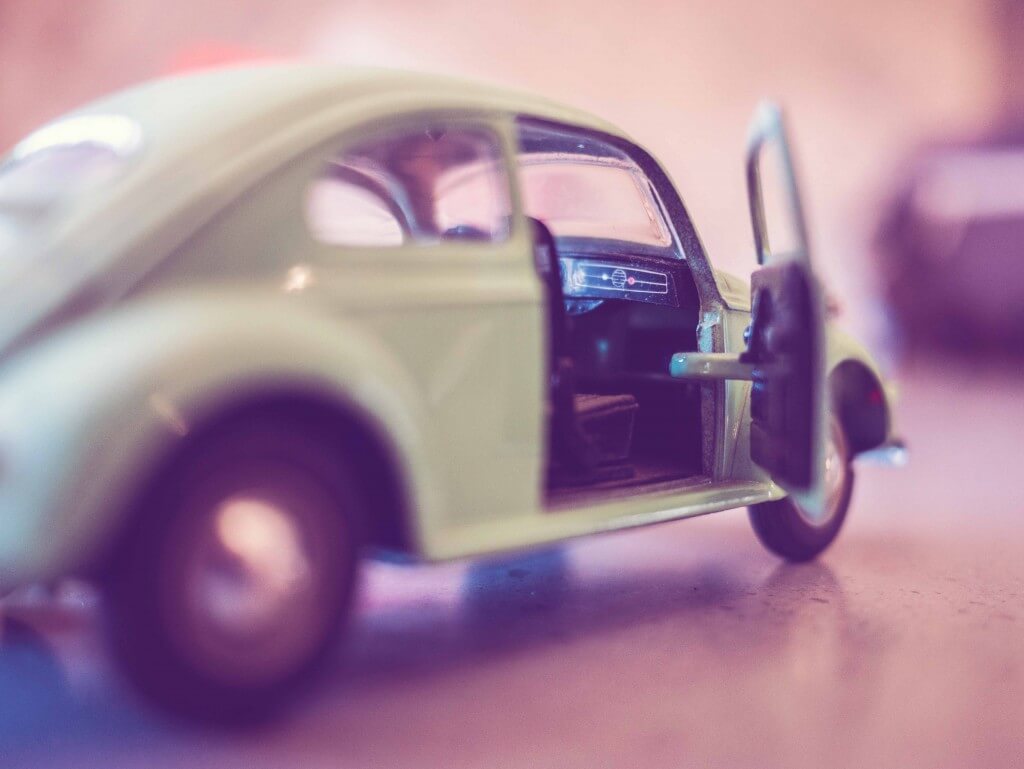 Most Australian fleet managers (and drivers for that matter) can give you a pretty comprehensive run-down of their vehicles’ safety features, engine power stats, transmissions, GVMs, even tare weights.
But few would have a clear idea of how much particulate matter (PM), NOx (nitric oxide and nitrogen dioxide) or Carbon Monoxide their vehicles produce. It’s just not a day-to-day consideration for most businesses.
Most Australian fleet managers (and drivers for that matter) can give you a pretty comprehensive run-down of their vehicles’ safety features, engine power stats, transmissions, GVMs, even tare weights.
But few would have a clear idea of how much particulate matter (PM), NOx (nitric oxide and nitrogen dioxide) or Carbon Monoxide their vehicles produce. It’s just not a day-to-day consideration for most businesses.
The VW effect
Unless you’ve been living under a very large rock, you couldn’t have missed the recent international media surrounding Volkswagen and the falsifying of emissions tests in the Unites States. Essentially, VW had developed software that meant an engine could detect an emissions test, and enter a “temperature conditioning” mode that limited the output of NOx. When the engine believed the test was over the engine reverted to its original emission output. This means since 2009, the tests reflected results that simply couldn’t be achieved in ‘real-world’ driving situations. VW’s practices have certainly cost them significantly. Reputational damage aside, VW is now facing massive fines, lawsuits and a battered share price. It remains to be seen if a recall (likely to get underway in 2017) will get full take-up or not, and then there’s the issue of compensation – all questions for VW to ponder.So what’s so important about road transport emissions?
You can’t see them, but emissions like NOx do have an effect on our health and now, more than ever before, their management has morphed into a massive issue for car and truck manufacturers around the world. It’s not something we can ignore.The impacts
According to the Australian Government, transport emissions are associated with respiratory and cardiovascular conditions and even cancer. That’s why in Australia truck manufacturers are held to robust emissions standards. Based on European Union standards first introduced in the early 90s, the allowable emissions have been progressively reduced with each new “Euro” standard. In Australia, manufacturers are currently held to a Euro 5 equivalent, with an even tighter Euro 6 likely to become mandated by 2020. But whilst engine efficiency and emissions reduction are at the heart of Euro standards, they remain at the very cusp of what’s possible in an engineering sense, making greater improvements more and more difficult to attain.Diesel’s not the bad guy
We shouldn’t ‘throw the baby out with the bathwater’ in the wake of the VW fiasco either. The issue isn’t so much the fuel source itself, but how we use it. According to the Truck Industry Council, almost every truck built before 1996 emits a staggering 60 times the PM of a modern day truck. So for every pre-96 truck removed from Australian roads it’s the equivalent of removing 60 of today’s trucks! Diesel is here for a long time. Like it or not, there simply isn’t an economically viable, widely available, alternative fuel on the horizon just yet. Alternative fuels and their emissions, such as compressed natural gas (CNG), are gentler on health and the environment, but they’re expensive to extract, refine and distribute. Meanwhile, the modern world still requires transport, energy and commerce.One for the road
There are vast differences between ‘real world’ and lab testing when it comes to emissions results and the claims of car and truck makers on the showroom floor. In light of the worldwide response to the VW scandal, it looks certain the push for greater transparency around regulations and reporting is only to going increase in the years to come. For manufacturers this will mean demonstrating strong leadership in the areas of transparency, and keeping our vehicles viable long-term participants of the greater road network.

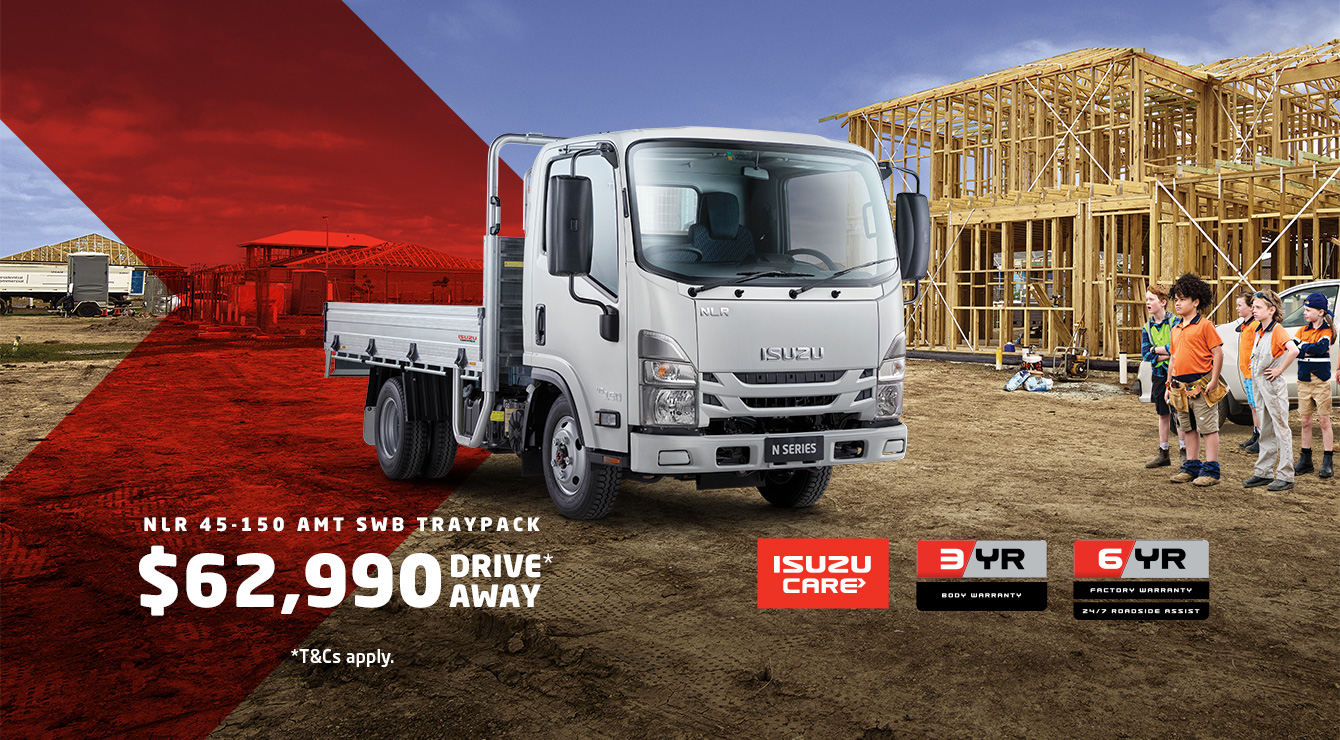
Playtime’s over, get $3,500* to spend on extras.
If you’re ready to get serious about tackling bigger jobs, grab yourself an NLR 45-150 AMT SWB Traypack from the Ready-to-Work range for $62,990 drive away*. And to prove we aren’t playing, buy any NLR Traypack before June 30 and you’ll get $3,500* to spend on genuine accessories or an Essentials service agreement.
Learn more
